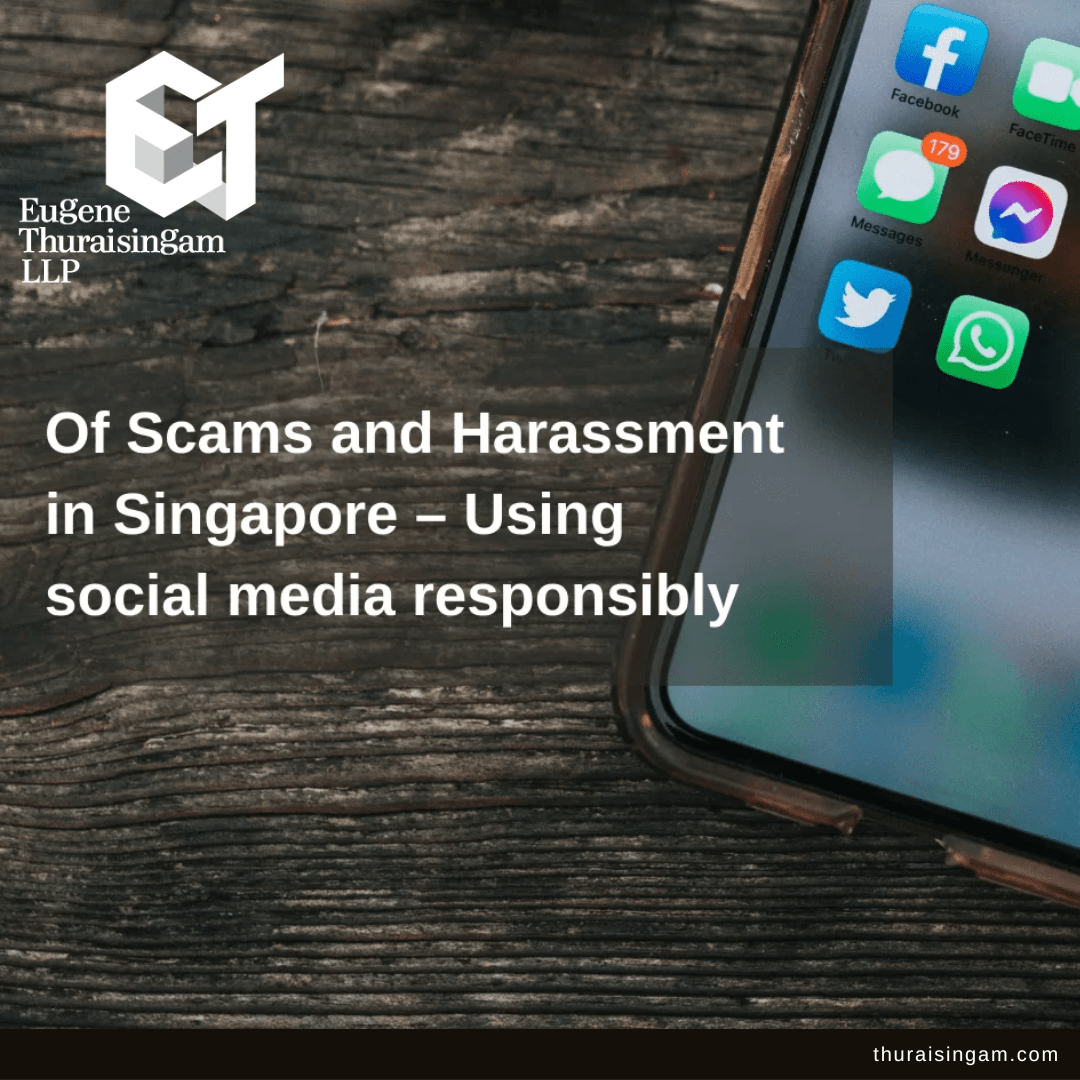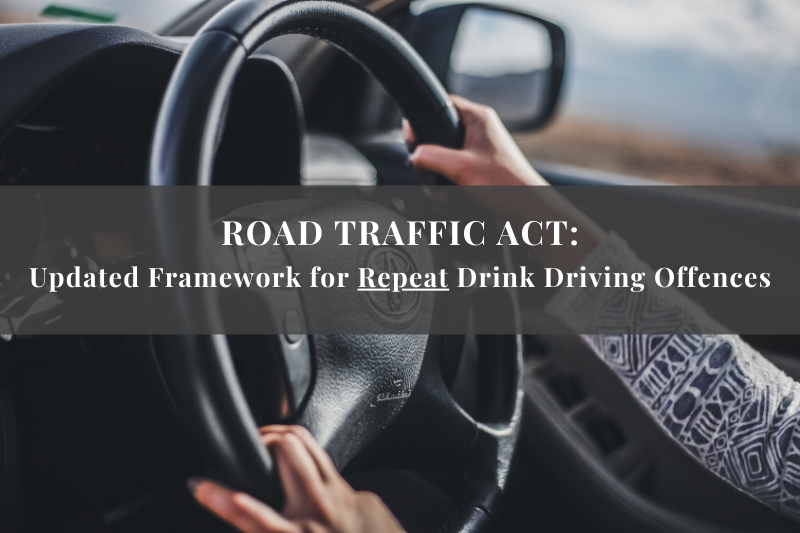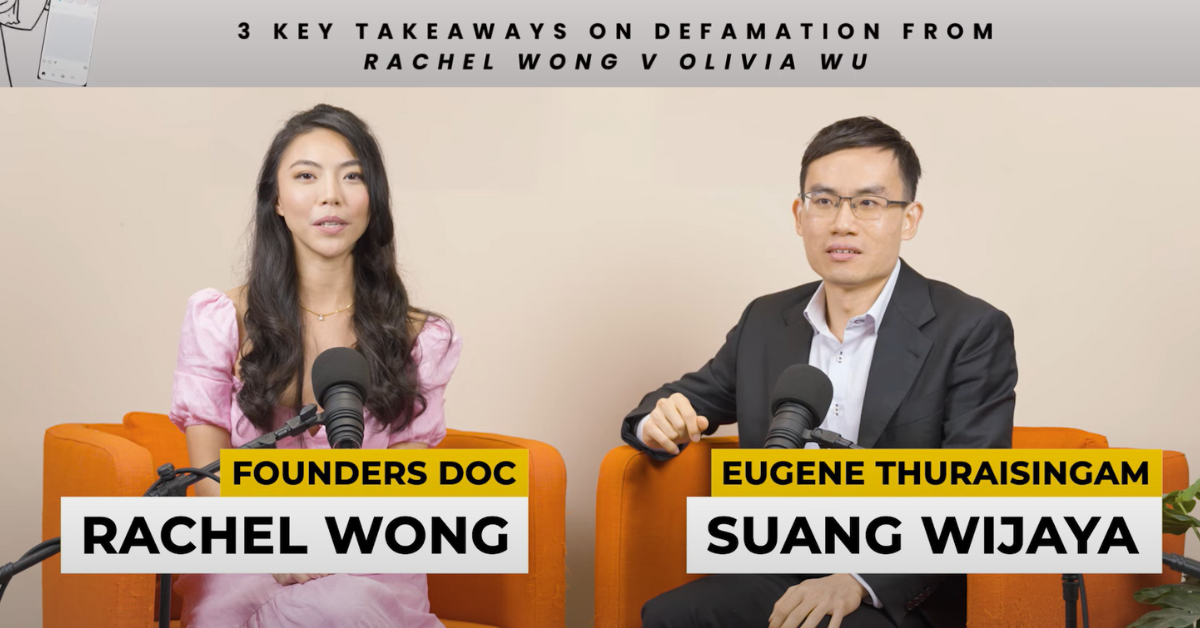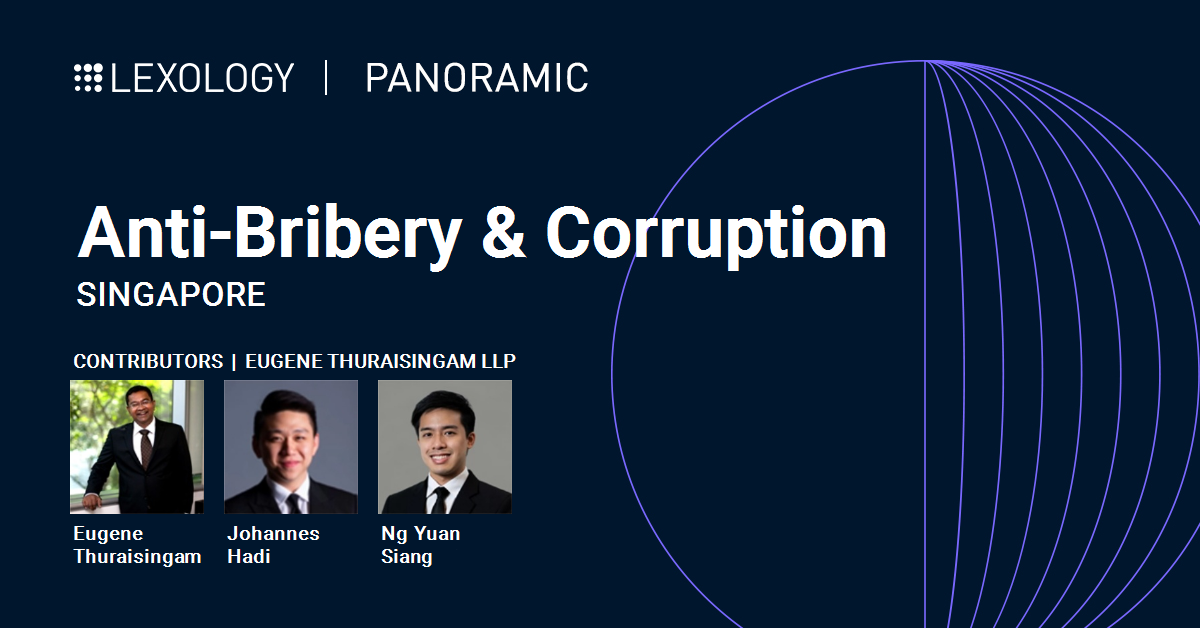Of Scams and Harassment in Singapore – Using social media responsibly
How we can be socially responsible when it comes to using social media in Singapore?
1. Introduction
On 3 June 2021, Suang Wijaya was invited to CNA 938fm radio interview on the “Asia’s First” morning show with Arnold Gay and Yasmin Jonkers. In the wake of the recent improper usage of social media platforms, the Singapore Police Force has issued an Advisory where 68 cases were reported between January and May 2021. These cases involved victims encountering fake advertisements on social media platforms such as Facebook and Instagram, claiming that banks are working with telecommunication service providers to offer attractive mobile phone promotions. In a separate case of improper usage of social media platform, a teenager was found guilty for harassing English Premier League footballer Neal Maupay — including threatening to kill him and his family over Instagram.
2. Will forwarding a (untrue, fake news) message in chat groups get you into trouble? And does the subject matter of the message is more important in determining whether or not it is a crime?
Forwarding a message that contains a false allegation about somebody is technically a breach of the law. You can potentially get sued by somebody. Of course, the more serious the allegation, the more likely you may receive serious consequences for your action.
Fake news fall under POFMA laws. What the government can do is to require somebody who publishes a fake message to publish a correction to say that this message is false. If the person fails to comply that direction by the government, then you can potentially be criminally charged.
3. What are the “don’ts” – to refrain from doing on social media platforms?
Generally, there are two types of don’ts:
First, do not do any kind of harassing type of acts, like sharing somebody’s personal details on the web. Do not make threats of violence.
[Read: Protection from Harassment Act (POHA) – Parking spat]
Second, if you are an influencer, and you want to make allegations about somebody, you make sure that you have evidence that backs your statement up.
4. An example of a case involving social media
An alumni of the firm made a police report against SMRT Feedback by The Vigilanteh for a recent post in which very insensitive remarks were made about the Malay community. Suang’s view was that this post promoted feelings of enmity between racial and religious groups, and was therefore potentially a crime.
5. How can we be socially responsible on social media platforms?
In the Singapore context, refrain from making sweeping remarks about an entire community, such as a racial community or religious community. These days, if you make make threats of violence against a minority group like members of the LGBT community, criminal proceedings may potentially be commenced against you.
[Read: LGBTQ Community to be Protected under Amendments to Maintenance of Religious Harmony Act]
6. When can any legal action be taken against scammers?
The first priority is to lodge a police report. As for suing scammers in court, it is usually worthwhile doing so only, (1) if you can identify the perpetrator; and (2) if you can get money from the perpetrator.
7. Concluding remarks
The public should try and refrain from getting into phishing scams, forwarding untrue messages, and always be socially responsible on social media platforms while looking out for the warning signs.

